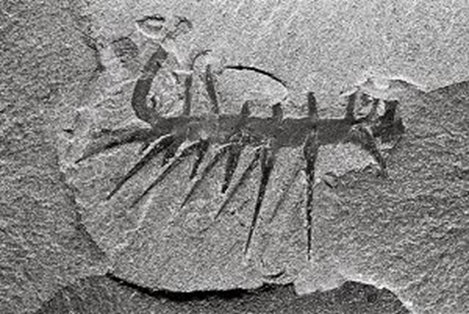
| Home | FAQs | Book Contents | Updates & News | Downloads |
I remember once sitting with my manager in a pub discussing the technical presentation I was going to deliver the next day, he suggested that I could rearrange the order I covered the points in, "but that would spoil the story" I claimed, his reply was "you're not telling a story, everything you say must be the truth". Of course this illustrates a confusion of the meaning of the word "story", in his mind "story" was a synonym for "fiction" while in mine it meant "narrative". Terry Pratchett, author of the fantastic "DiscWorld" series of books, invented an element in his world that he called Narrativium, this is what ensures all the events fit into the correct stories. This is why, in tales based there, "million-to-one shots" happen nine times out of ten and heroes are more likely to win through when they are outnumbered. In his universe its effects are exaggerated to emphasise the comic implications, but, as "story telling apes" we all occasionally have to resist tweaking the facts to tell a more compelling story.

Stephen J Gould once wrote a great piece about the discovery of the "Burgess shale". The anecdote that had generally been told was of Charles Walcott's expedition stumbling upon the quarry on the last day before the snows came in. In fact the real story was much less dramatic and had more to do with patient detective work and systematic searching. The version with Walcott's horse stumbling as the flurries of snow threaten to engulf the travellers is much more gripping, it just happens to be completely untrue.
Data management has the reputation for being boring. I know you'll find this hard to believe, but there are some out there that feel data management is not an exciting topic. Of course, we all know that is unfair and that there are many aspects of the subject that provide compelling histories. Some of those of us who are attracted to the subject of data handling have a tendency to fixate over details that "normal" people find uninteresting. A concern about specific details of technical data usage often expands into a holistic anxiety about the overall information landscape, for many of us this is the natural route to our current strategic interest. There is a massive gulf between being intellectually aware that our personal obsession with details is not universal and finding ways to connect with a wider audience. You won't achieve your goals if your audience are bored or fail to follow your argument.
Every presentation has a narrative. In good presentations the narrative unfolds, it draws the viewers through a sequence of arguments to lead them to where the presenter wants to end up. Bad presentations jump between apparently unconnected elements and leave the spectators confused and unconvinced. If you don't sculpt the flow yourself the audience will attempt to add their own structure. Finding a sequence that covers all your key points and ends up in the right destination is not always easy, finding one that also appears completely natural takes more practice. If the flow appears inexorable the listeners won't even notice it, then they will focus on the message instead. As my old manager emphasised we need to ensure that the stories we tell are true, but that does not mean they have to be boring.
Article 51 |
Articles |
RSS Feed |
Updates |
Intro |
Book Contents |
All Figures |
Refs |
Downloads |
Links |
Purchase |
Contact Us |
Article 53 |